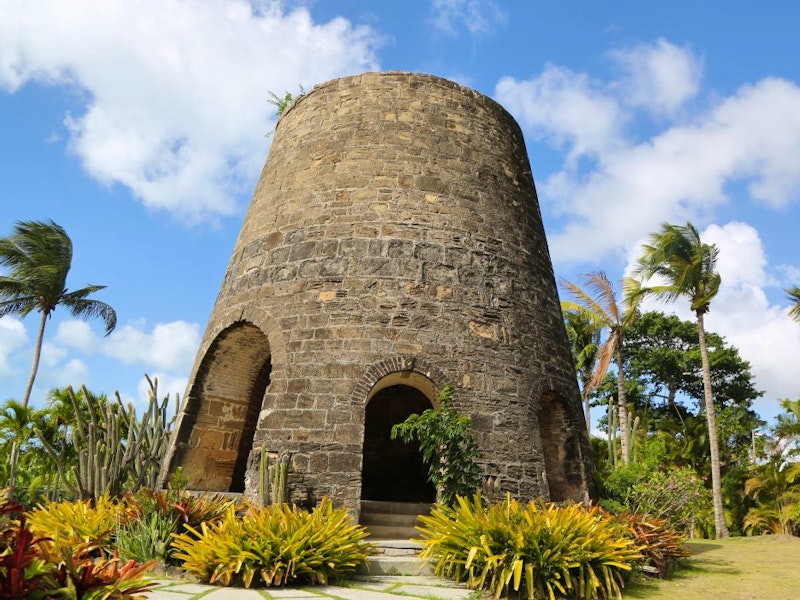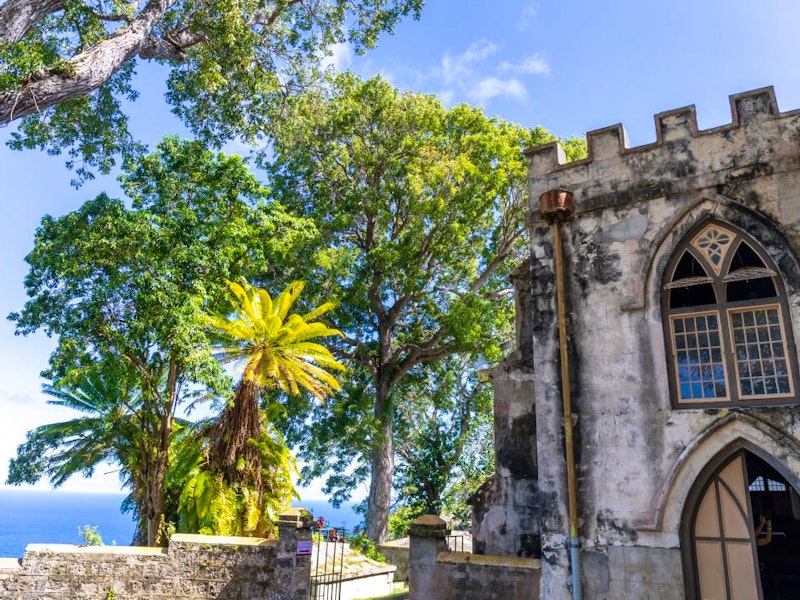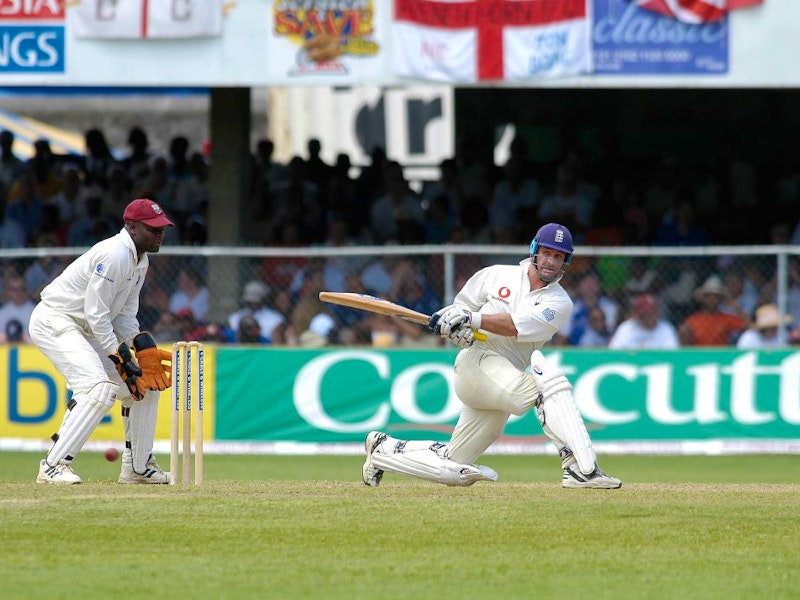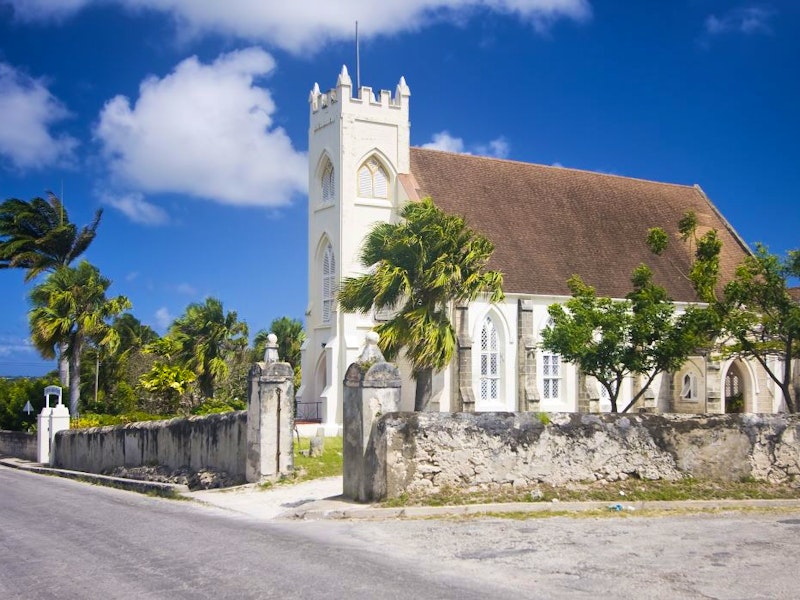If you’re thinking of jetting off to sunny skies, white-sand beaches and crystal-clear seas, you can’t do much better than Barbados. The Caribbean jewel is famed for its beauty – but did you know that Barbados also boasts a rich cultural heritage and intriguing history?
As a traveller visiting the island, you’ll likely encounter vibrant locals who are only too happy to share their culture and customs with you. To help you make the most of the opportunity, we’ve put together this short guide to Barbados' history and culture to help you get the most out of your trip.
The History of Barbados
For much of history pre-1600s, Barbados was occupied by Amerindian tribes. The first, the Arawaks, came to the island as early as 1623 BC, only to be conquered eventually by another tribe known as the Carib in 1200.
The Portuguese were the first people in Europe to discover the island, but it was the arrival of the British in 1625 that changed Barbados forever. The British Empire claimed the island in the name of King James 1st and began to colonise it in 1627.
The colonisers established the first settlement in an area now known as Holetown. As settlers began to arrive, the island was deforested to create sugar cane, tobacco and cotton plantations staffed by indentured workers and slaves.

The abolishment of slavery led to new opportunities for Barbados, attracting travellers keen to enjoy the slower pace of life that was rumoured to cure ‘the vapours’ (illness). It became known for offering a high standard of education, but remained a British colony until 1961, where it was granted internal autonomy. In 1966, the island became fully independent as a member of the Commonwealth.
Since 1966, Barbados has enjoyed stable political history and economic growth. It became a republic in 2021, though it remains a Commonwealth member despite no longer being considered a Commonwealth realm.
Bajan Culture
Bajan culture is vibrant, mixing both British and West African heritage. People tend to be laid-back but have strong Christian and family values. Barbados also boasts one of the world’s most well-educated populations, with a literacy rate of nearly 100%.
Music, food and earthenware crafts all form part of the colourful modern culture of the island. So let’s take a closer look…

Bajan Language
The island's official language is English, and it is widely spoken throughout Barbados. However, it’s worth noting that locals have a noticeable accent which is influenced by a mix of African, British and Caribbean history. This native Bajan dialect features rapid-fire speech that can make it difficult to understand, with slang words for many common terms.
The basic difference between Bajan English and standard English is the speed of conversation coupled with changes to everyday words. Wuna is the plural ‘you’; ‘dem’ is used for they, them and their; ‘yu’ is used for you and yours; finally, ‘d’ sounds replace ‘th’ in most phrases - especially with ‘the’ which becomes ‘de’.
As an example, take the warning phrase sometimes issued to sea swimmers: ‘de sea ain’t got nuh back door’, which shows the twist on standard English and warns bathers that the sea is not a safe place and must be treated with respect.
Bajan Music
Music is a key part of Bajan culture, as you’ll know if you’ve read our Barbados music and art guide. Whilst the island enjoys reggae, steel band and calypso music from neighbouring Caribbean nations, the Tuk band is a uniquely Bajan tradition and is present at every major celebration. Tuk bands pay homage to regimental British military bands, but have their own unique African influence with a bass drum, kettle drum, tin flute, pennywhistle, and a brightly-coloured customed cast.
World-famous singer Rihanna was born and raised in Barbados. She grew up in Bridgetown and still pays homage to her country of birth. She was even hailed as a national hero during the country’s transition to a republic in 2021.
Bajan Food
As we’ve covered in our Bajan cuisine guide, there’s a wealth of delicious food on offer in Barbados. Comfort food is king, with seafood and meat-rich dishes such as flying fish and cou-cou, fish cakes, pepperpot and pudding and souse all staples of the island. Spices are common, so you’ll be a happy diner if you enjoy food on the hotter side.
Bajan Festivals
Barbadians are a happy people and this is reflected by a celebratory culture full of festivals and events. The most well-known festivals are packed with splendour and are just as welcoming to tourists as they are to locals.
Crop Over is the most famed event, marking the end of sugar cane crop season at the start of July and running for over a month until the grand finale, known as the Grand Kadooment. It features a host of different indigenous arts, crafts, songs, dances and more.
Other popular festivals include the Barbados Food and Rum Festival in November, which marries international chefs with local talents to create some of the island’s most stunning culinary delights. Local rum distilleries showcase their goods and provide pairings with the dishes.
Oistins Fish Festival is a celebration of Barbados’ fishing heritage and is a week-long festival themed around all things seafood. Holetown Festival is a must if you visit the city, commemorating the first British landers with a week-long event culminating in an all-day street party.

Bajan Sports
Cricket is the national sport of Barbados and is widely played nationwide. The island has produced some famed Cricket players, including Sir Garfield Sobers. Barbados is one of the most productive cricket-playing countries in the world by its populace, producing over 25% of players in the West Indies multi-national team since its founding in 1928.
Other sports include road tennis, akin to table tennis, played across a concrete surface and can be seen in local towns across the island. Looking for some activities to do on your holiday? Check out the top 10 sports to do in Barbados.

Bajan Religion
Barbados is predominantly Christian, though the traditional Anglican element of the culture is mainly practiced by older residents. Other minority religions include Hinduism and Islam.

Barbados Customs
The typical customs of Barbados are centred around an easygoing, welcoming attitude. As a tourist, you’ll benefit from learning a little about them before you arrive to help you fully enjoy your stay.
Greetings
Barbados is a friendly place, and greetings are generally composed of informal terms like ‘Waddup’ for ‘What’s up?’ and ‘Howdy’ for hello. However, in a formal setting, it’s polite to use someone’s title and last name before they invite you to use their first name.
Punctuality
Try to be on time when you’re expected at an event or place in Barbados. Punctuality is important to the culture and tardiness is seen as lazy or disrespectful if you don’t have a good reason.
Dress code
With a traditional and religious cultural heritage, Barbados has somewhat conservative values around its dress code. Swimwear is only ever appropriate on beaches and locals will expect you to cover up when dining. Bring light cotton and linen shirts and dresses to help stay cool whilst adhering to the rules.
It is illegal to wear camouflage patterns on clothing in Barbados, so avoid these at all costs.
Tipping
Tipping in Barbados is based on your discretion and you should only tip if you feel you’ve experienced good service. However, hotels and restaurants typically add a service charge of 10-15% on your bill, so be aware before calculating any tips.
Etiquette and respect for elders
As you can expect now that you know more about Barbadian culture, the traditional values of the island mean politeness and respect are always valued. Avoid using foul language in public and try to convey respect to all people, particularly the elderly.
Want to explore Barbados' history for yourself?
Now that you’ve got an idea of Barbados’ rich culture, book yourself an unforgettable visit with Inspiring Travel. Browse dates and book your luxury Barbados holiday today.
Why we're the Barbados experts

- Airport meet-and-greet for immediate post-flight assistance
- Escort through to your private transfer for a seamless arrival
- Direct line of contact to Kerin's team for any requests or assistance
- In-resort support for booking taxis, excursions and restaurants
- Barbados lounge passes included on return




















